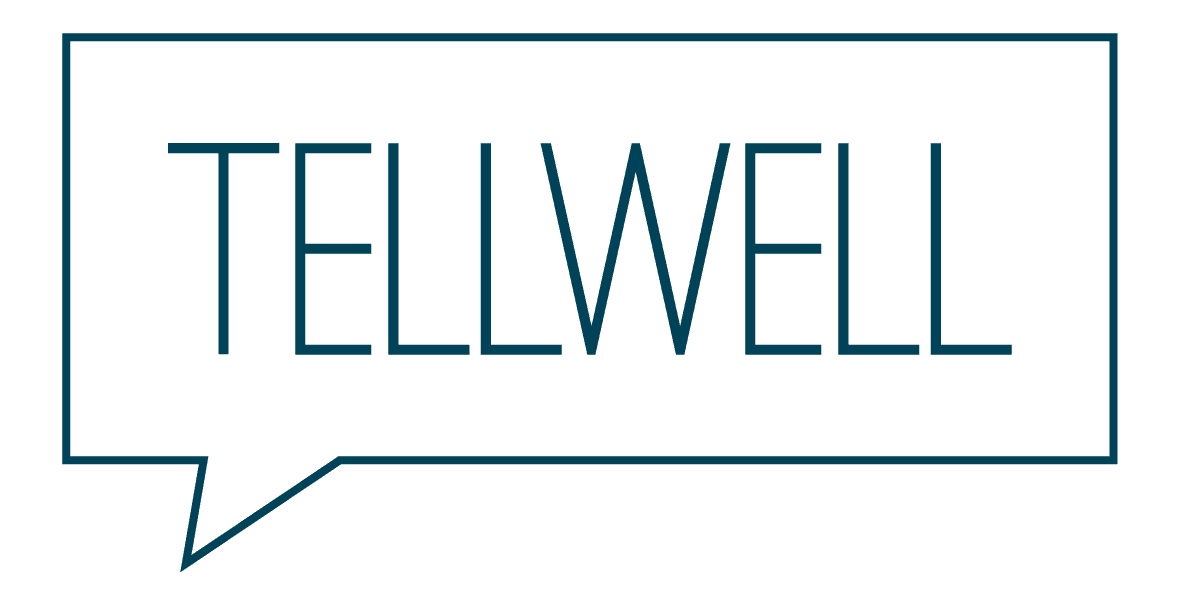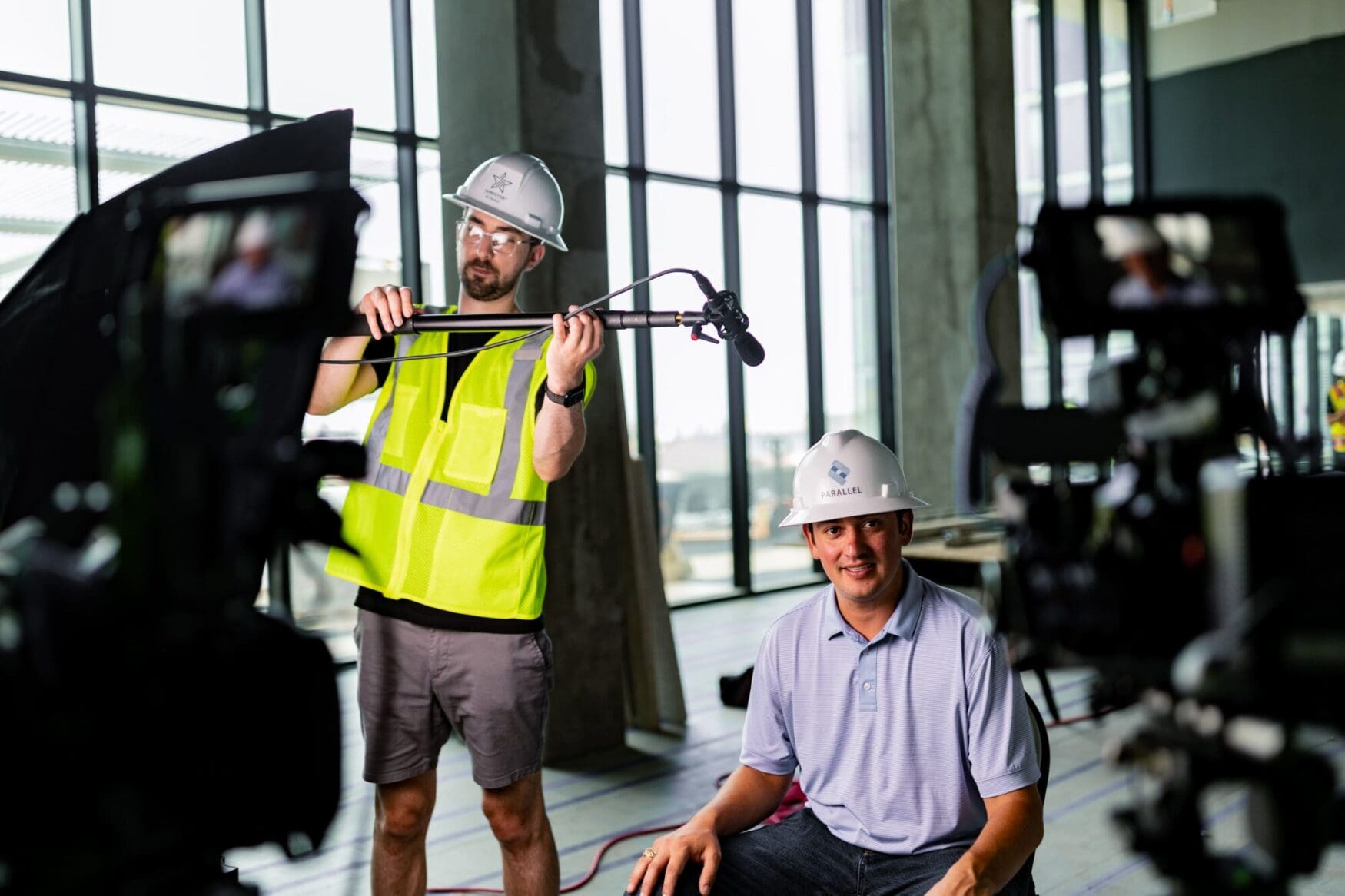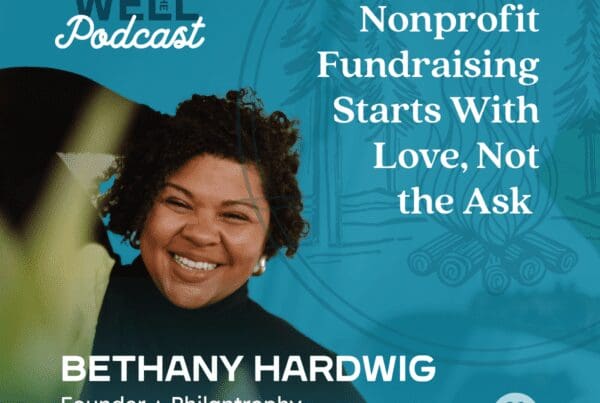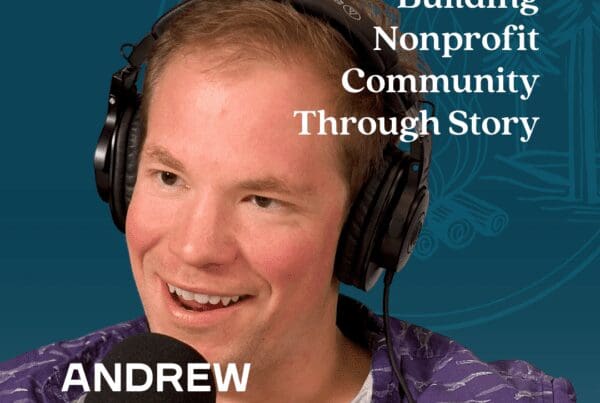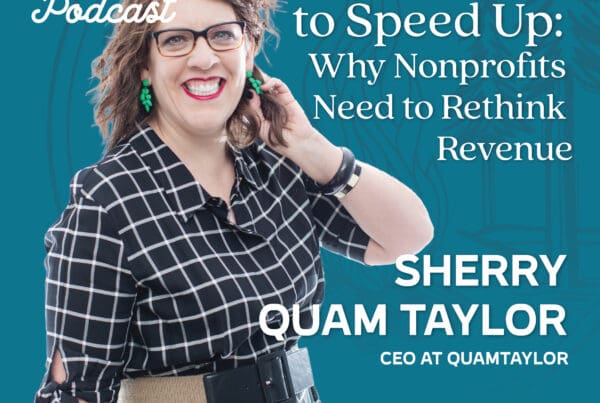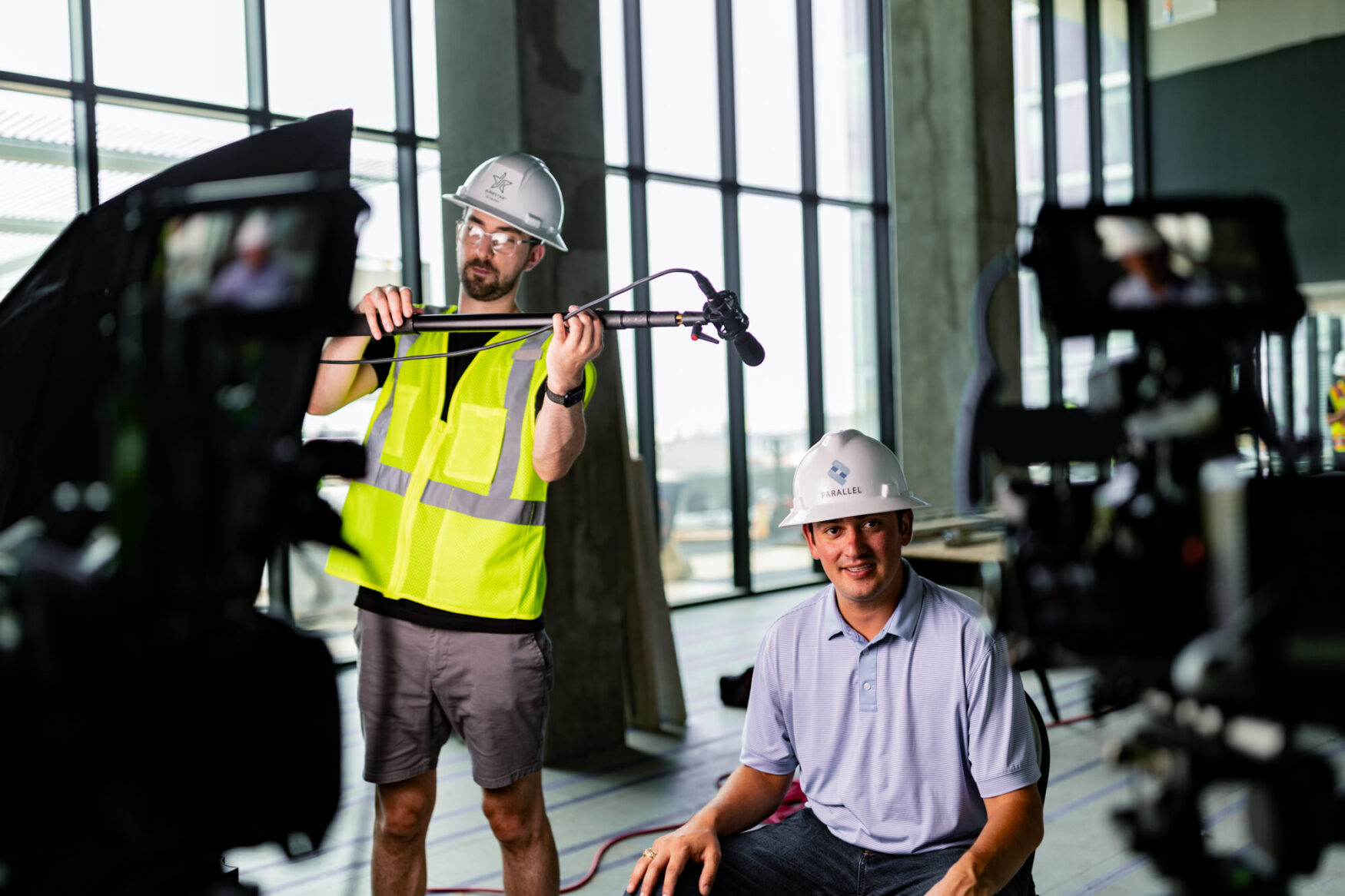
I am often asked to describe what I do for work. Many people don’t understand what a video production team does. Your grandma might expect to see us on the nightly news, or maybe that new app the kids use called Tik Tok. Your friend might think you are trying to be the next Martin Scorsese, and your banker doesn’t think you have a real job.
Living and working in the Midwest, most folks aren’t accustomed to seeing film teams buzzing around their workplace, favorite coffee shop, or preferred park bench. Instead, they might think of film crews as entities that only exist in LA, filming big blockbuster hits, or aloof art house masterpieces.
But there’s more to filming than just yelling “Action!” From telling the important stories of causes near to our hearts to promoting new technology that can change industries for the better, we use film at Tellwell to help people connect with their target audience.
At Tellwell, we describe most of our video production work as documentary-style impact films.
We have always found ourselves drawn to real people, with real stories. So, naturally, that’s the type of work we produce. Our talented video team comes from backgrounds in documentary filmmaking and journalism. As a result, we approach our client work using many of the same principles and techniques that come from telling authentic stories in media.
What do we actually mean when we say “documentary-style?” Documentaries take many forms and lengths. They are published across various mediums, but for our purposes, we borrow most of our approach from two different types of documentaries: expository and Cinéma vérité, or more simply known as observational. This means we use interviews and voiceovers to share real experiences. It also means we do our best to show the world as it is. Highlighting the beauty in any situation rather than manipulating situations for a different outcome.
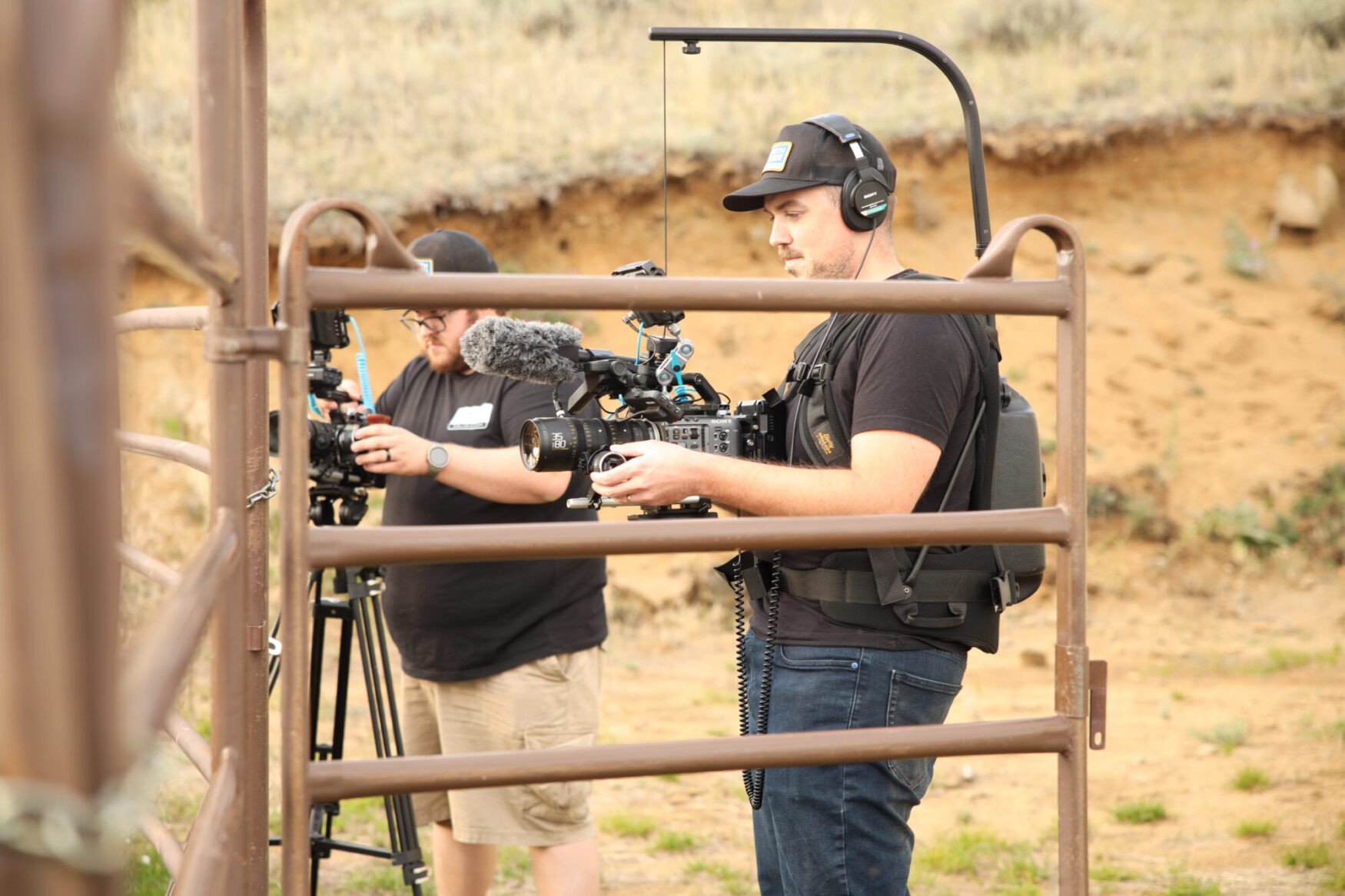
We use a story framework as old as time, the Hero’s Journey, to structure most of our stories. We position our clients as the guide, who helps the hero, our subject, overcome their challenges. What this really means, is that we don’t always make films about our clients, but rather about the people they serve.
Our core film offering at Tellwell is what we have dubbed an “impact film.” These are human-centric, interview-based videos, often featuring the customer or client of a brand or a cause. Using this approach, documentary-style impact films use the interviews honestly and accurately to tell a damn good story.
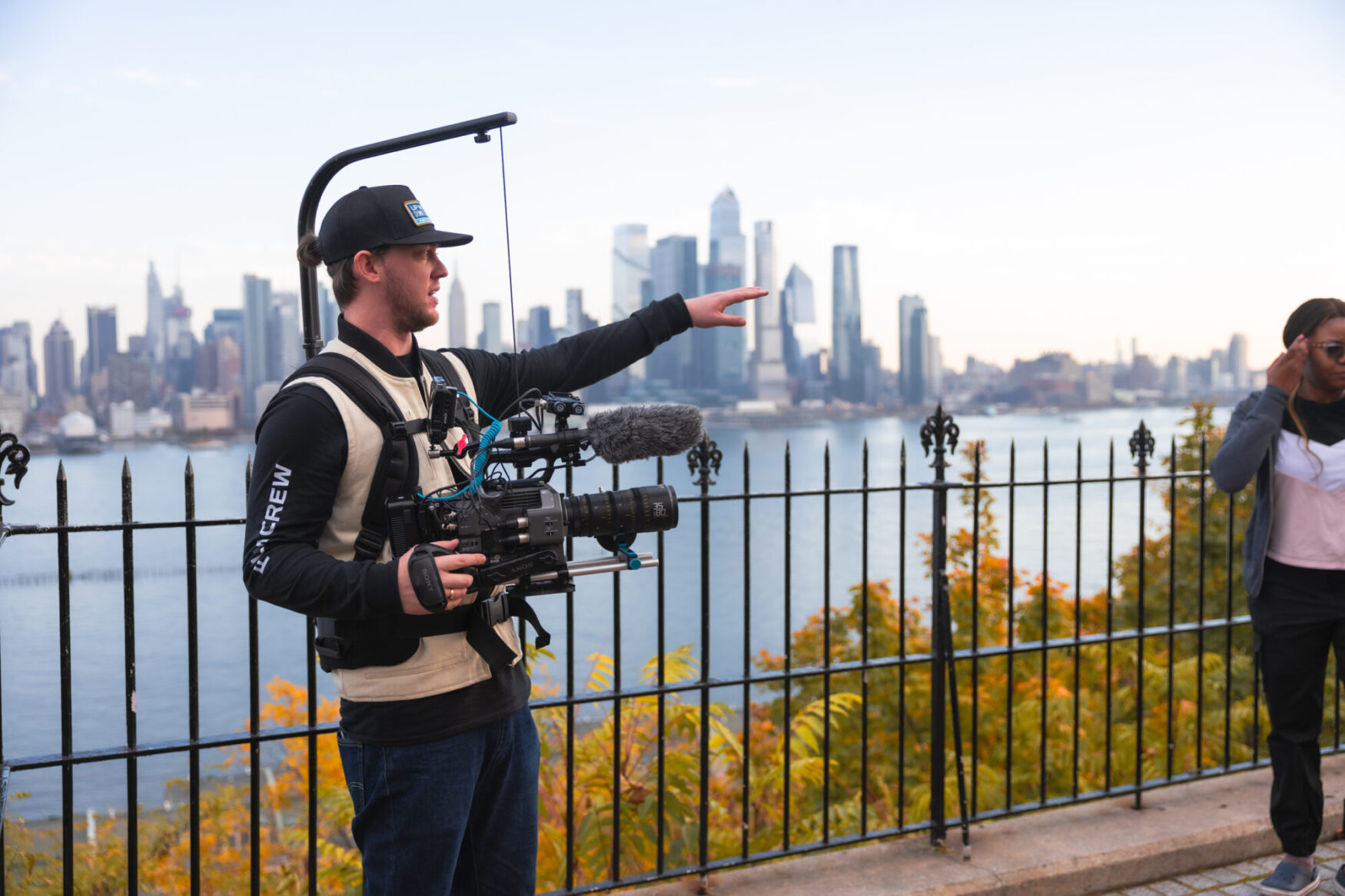
The Interview
The core of these films rests on the interviews,most importantly the interview with our subject. This is our starting point for creating the story and we build the film from what they share.
First, we go through a pre-interview process. This informal interview allows us to build a relationship with our subjects and get some of the basic questions out of the way, setting us up to capture the authentic voice and story of the subject on film day.
After an interview has been captured, our writers step in. We use a concept called the “paper edit” where we take transcriptions of our interviews and build our story on paper, before it ever makes it into the editing room. This gives us flexibility to try different structures and move scenes around before we get too far into the post-production process.
The B-Roll
If the interview is the core of the film, the B-roll is the layers around it.
Fun Fact: The term “B-roll” is derived from the early days of filmmaking. Productions would use an A camera and a B camera on set and the footage would be labeled to match the camera they came from, so “A-roll” or “B-roll.” The editors would use the footage from the B camera to cut away from the A camera as a second angle to action or to cover up a cut between takes.
Although we don’t shoot on film anymore, the concept still stands. Today B-roll can be defined as any supplemental footage gathered over the course of a film shoot that is cut in with the primary interview. We use B-roll to establish locations, set the scene, and strengthen the story.
So why does this all matter?
We have adopted this approach to creating our films because we believe it’s the most powerful way to build an emotional connection with our audiences. We want you to care about the people in our films beyond the products that they might use or the services they provide.
If you’re interested in partnering with Tellwell to create a documentary-style impact film, reach out!
